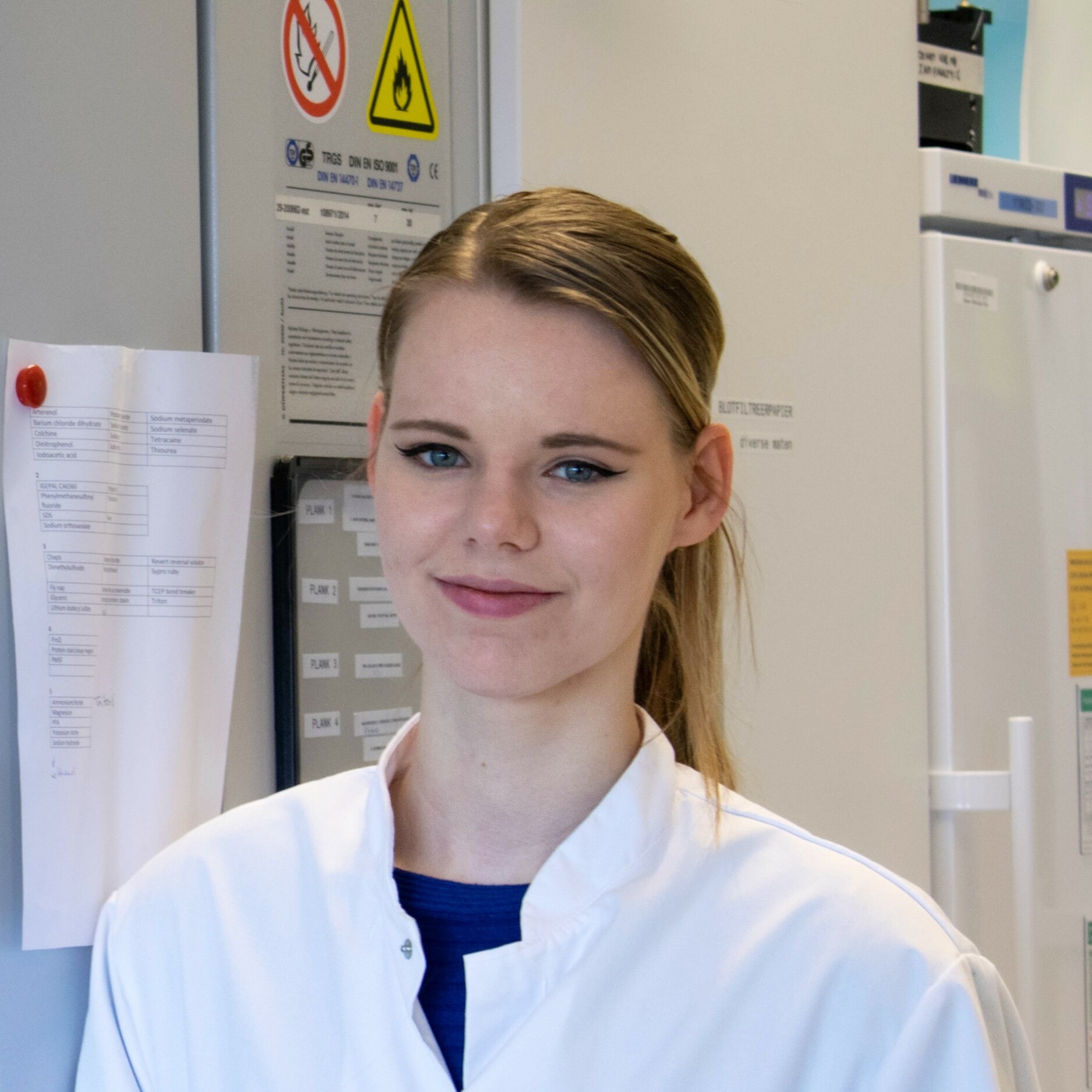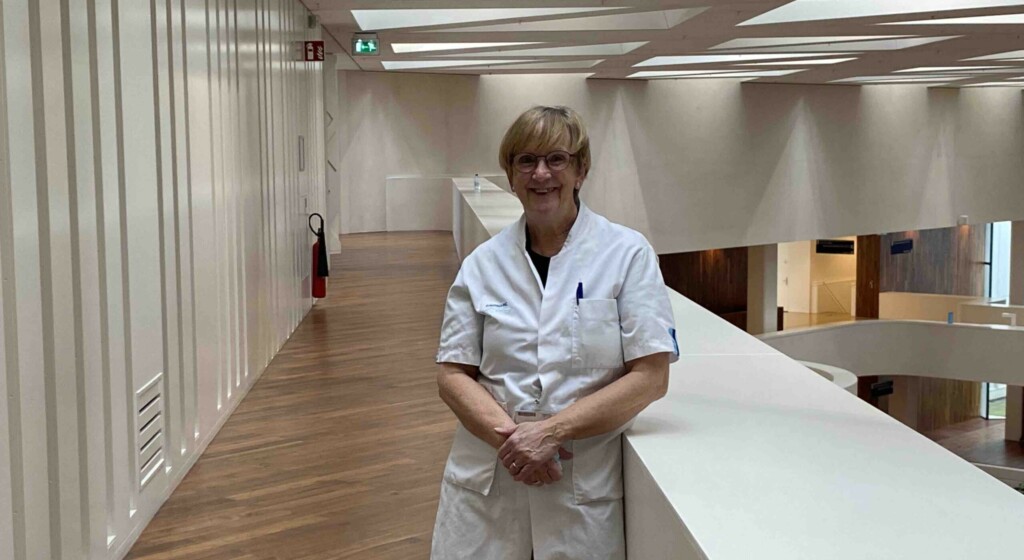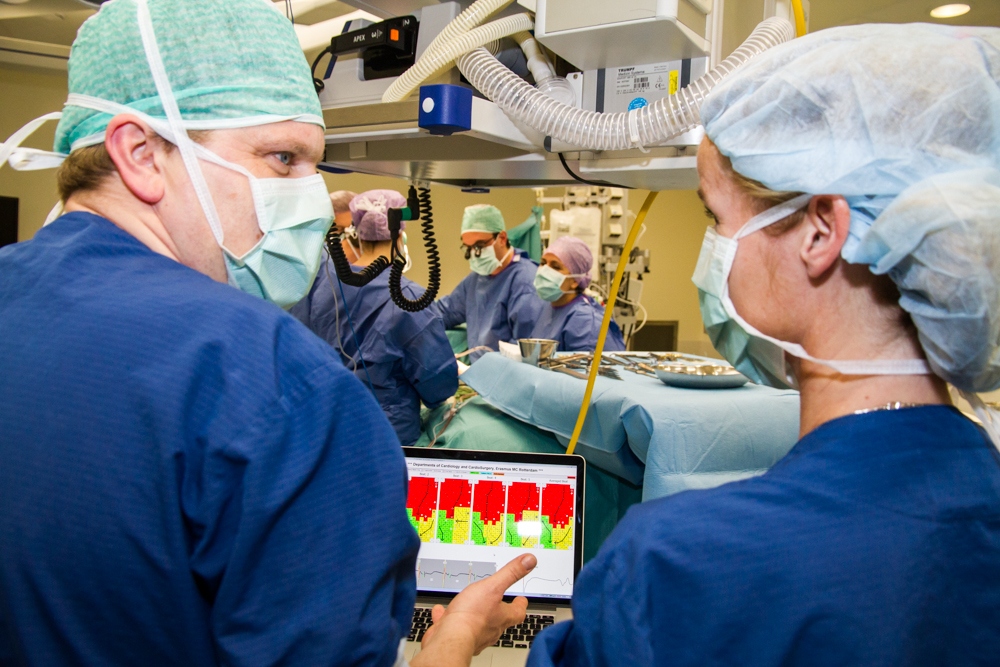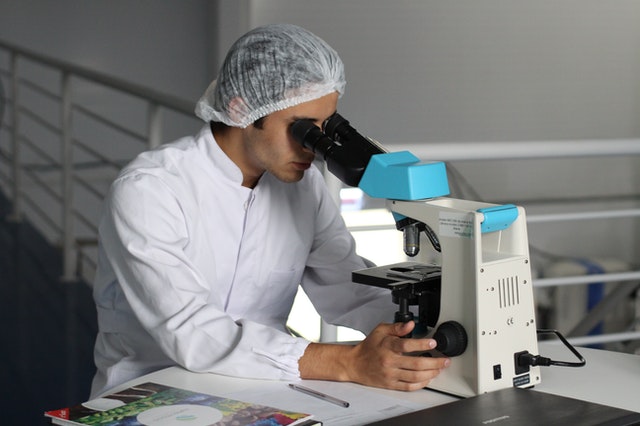
Atrial fibrillation and heredity
Last update: 02/20/2023
Atrial fibrillation runs in the families of 20% of the patients
In the genetic variant of atrial fibrillation, there is a gene abnormality. Patients sometimes do not notice the common symptoms of atrial fibrillation.
Several gene mutations have been found that can cause this heart rhythm disorder. For example, there are known mutations in the lamin gene and desmin gene.
This is known so far about familial AFib
Genetic atrial fibrillation occurs in the following cases:
- In people with a brother/sister/parent (first degree) with atrial fibrillation
- In people who are relatively young (for the most part before 50 years of age, but also in teens and twenties)
- In people without risk factors such as high blood pressure, diabetes, obesity and narrowing of the coronary arteries
Gene mutations as causes of atrial fibrillation
There is currently little attention being paid to research into gene mutations that can cause atrial fibrillation. However, studies (study 1 and study 2) show that mutations occur in the following genes:
- Ion channels: sodium, potassium, calcium channels
- Cytoskeletal/contraction proteins: lamin, desmin, titin, myosin heavy chain, connexins
- Transcription Factors
The amine gene and desmin gene are associated with heart failure
There are families that carry a mutation in the lamin gene and desmin gene. These are associated with heart failure in the form of cardiomyopathy. Cardiomyopathy is a disorder of the heart muscle, which makes it less effective in contracting or relaxing. Often carriers of this gene mutation develop atrial fibrillation to begin with, and cardiomyopathy later on.
The AFIP Foundation is investigating the consequences of this mutation on the atrial function. We are also trying to discover new targets for medicines.
Research in genetic testing for atrial fibrillation
It is imperative to gain more insight into the development of familial atrial fibrillation. For this reason we started the DnAFix project at the beginning of 2021. Here, research is being conducted into how mutations in cytoskeletal proteins, including lamin A/C, desmin and desmoplakin, cause atrial fibrillation. Read more about the mechanisms behind genetic AF.

Share this article
















